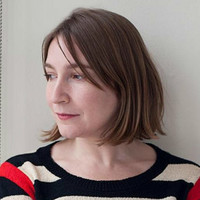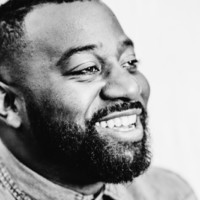Casey Cep has written for The New Yorker, The New York Times, and The New Republic. She is the author of Furious Hours: Murder, Fraud, and the Last Trial of Harper Lee.
“I want to meet all of these expectations. I want my book to be a page-turner. I want it to be a beautiful literary object. I want it to sell. I want it to do all of these things. But at the end of the day, I just want to feel like I’ve honored this commitment between writer and reader, and writer and source. And those are sometimes in conflict.”
Thanks to Mailchimp and Pitt Writers for sponsoring this week's episode.

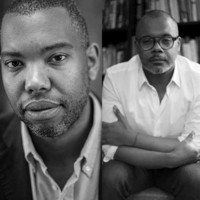



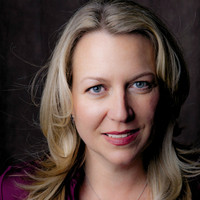

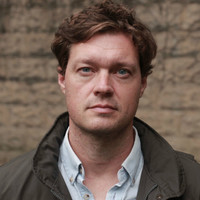

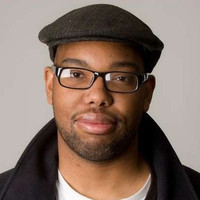
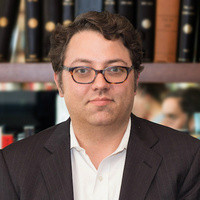
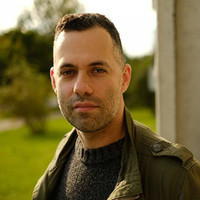




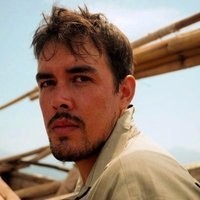
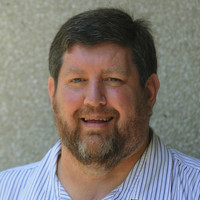
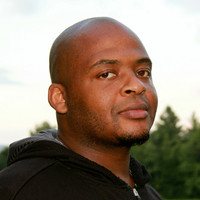
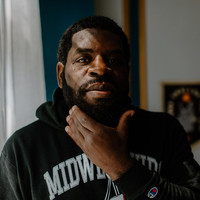

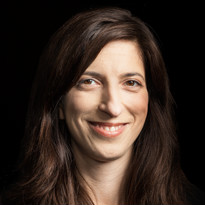 Pamela Colloff is an executive editor and staff writer at Texas Monthly.
Pamela Colloff is an executive editor and staff writer at Texas Monthly.
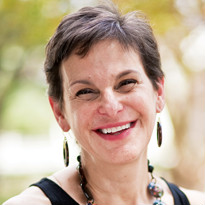 Mimi Swartz has written for Talk, The New Yorker and Vogue. She is an executive editor at Texas Monthly.
Mimi Swartz has written for Talk, The New Yorker and Vogue. She is an executive editor at Texas Monthly.


